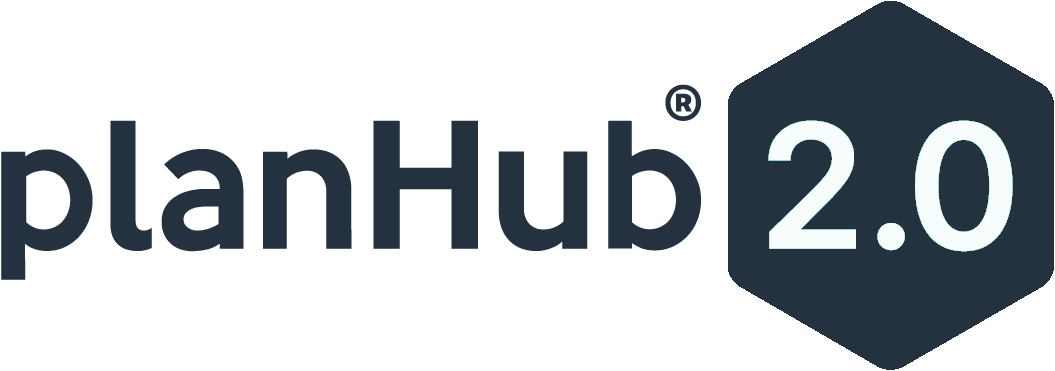With a tight construction market, every penny counts. Subcontractors must make sure their bid is as accurate as possible to keep their companies competitive. Turning in a bid that isn’t accurate is like throwing money down the drain. Use these tips to help improve the accuracy of your next construction project bid.
Use software to do take-offs
Bidding and take-off software enable estimators to make quicker, more accurate take-offs than doing it by hand. Most software use either known dimensions shown on the plan or an electronic scale to calculate lengths and distances. The software can then perform calculations for you, such as providing the area or circumference of a room. This makes it faster and cheaper to bid on projects since you don’t have to print out the plans or spend time doing hand calculations. Bids are also more accurate since the software can be more precise in its measurements.
If you are doing a lot of material take-offs, investing in one of these software packages and some training would be well worth it. Plan rooms and bid exchanges often provide take-off software on their platform that you can use for free, but it’s best if you have your own version so you can set it up the way you want.
Look at similar projects
If you have experience working on projects similar to the one you’re bidding, it’s a good idea to review your estimate and costs on those projects before starting bidding on the current one. Your historical data will give you a ballpark to compare your quote. If you find you’re significantly over or under compared to past projects, you can dig in and find out what the issue is and adjust accordingly.
Be sure to review how you bid on your previous projects and what your actual costs were. If there was a significant difference, you could adjust the current bid, improving your accuracy.
Know your costs and productivity rate
Don’t guess at what your labor billing rate needs to be. Start by calculating your fully burdened cost per hour of labor. This includes not only wages but employer taxes, benefits, and insurance. Once you know what an hour of labor costs you, you can add in your mark-up to come up with a billable labor rate.
You’ll also need to know how productive your workers are when they are on this type of project. Some crews work better than others when working together. There are also outside influences to consider, such as temperature, working environment, improper tools, etc. These all may affect productivity. When looking at past jobs, you will want to calculate the number of staff hours they took and adjust them when bidding on similar projects.
Get material quotes in writing
Especially in these times, it’s beneficial to get your material quotes from suppliers in writing. Prices are going up, and there are shortages of many building materials due to production shutdowns. You’ll want to have this information in writing to price your work correctly, and you should also let the GC or owner know if the supplier anticipates any future increases or supply problems.
The other benefit of getting a quote in writing is that it’s a better reflection of your actual costs. Bids are more accurate when concrete numbers are used instead of ballpark figures, and you can hold your supplier to the prices they provided.
Check math and formulas
There’s nothing worse than turning in a bid and realizing later that the formula didn’t calculate correctly and the number’s wrong. Verify that all math formulas and totals are accurate and pulling the right information. It may even be worth it to calculate everything by hand, with help from a calculator, to verify. Check your labor calculations. Check your material counts. Then give the estimate to someone else to check it again.
Look to the past to improve your bids
The best way to ensure your bid’s accuracy is to look at similar projects you’ve worked on and compare the labor and material costs to your estimate for the current project. Your experience is a good predictor of your future expenses. If your estimate is close to what past projects have cost, or you have a particularly good reason that things are different (like price escalations or material shortages), then you can be confident that your bid is accurate. If you find that the current project is significantly higher or lower in cost, with no explanation as to why it’s worth reviewing the bid again to make sure it’s right.




